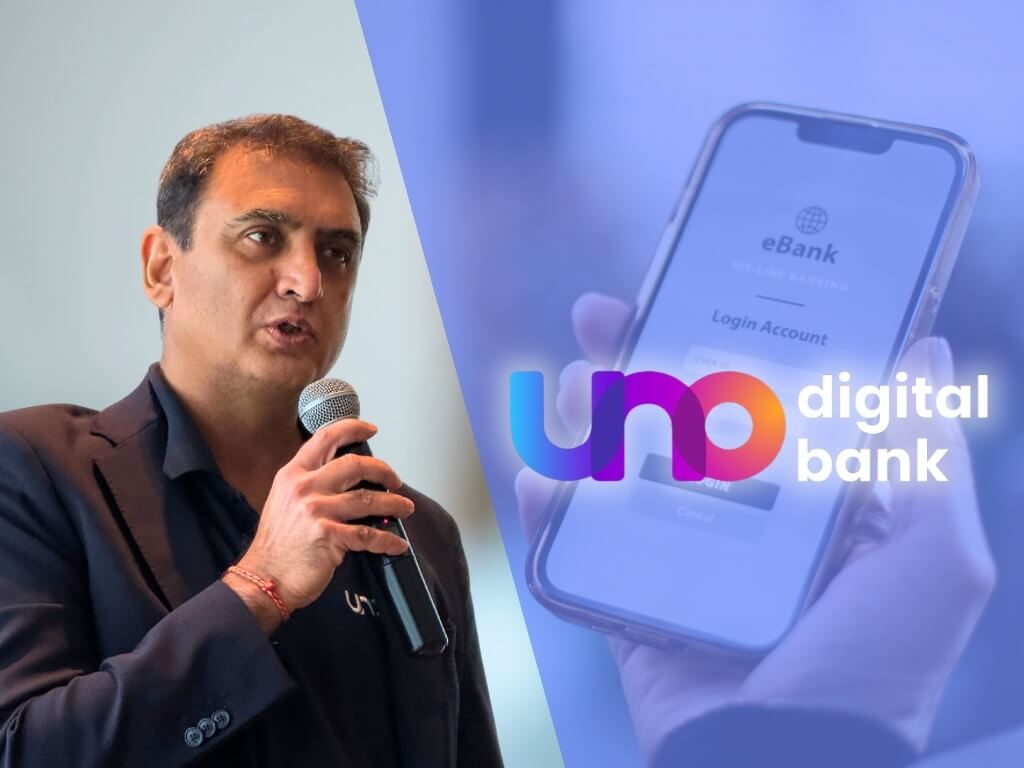

Insider Spotlight
Yet, despite this growth, cash remains king for most Filipinos, underscoring a gap between access and confidence in financial services.
Why it matters
Trust has emerged as the biggest challenge in the country’s financial inclusion drive. Only about half of Filipino adults held a formal financial account in 2024, World Bank and BSP data show. Many are navigating multiple loan platforms and digital wallets, often without full visibility or protection — a problem that UNO Digital Bank says it aims to fix.
Driving the point home
“For a digital-first bank, this is not optional—it is the foundation of financial progress itself,” the company said in its latest statement on Tuesday, Oct. 28, 2025.
UNO co-founder and CEO Manish Bhai added, “We don’t want to compete on flash. We want to compete on trust.”
How UNO positions itself
UNO Digital Bank leverages data and behavioral scoring to underwrite borrowers with limited credit histories. It also integrates financial education and AI-driven literacy tools into its digital platform — what it calls “Wealth-in-Progress.”
The model emphasizes empowerment over mere access, guiding users rather than overwhelming them with product choices.
By the numbers
The bottom line
UNO’s “2.0” phase focuses on scaling up through AI-assisted savings tools, personalized credit offers, and a unified customer experience. As Filipinos demand more secure and transparent financial relationships, UNO bets that trust — not flashy features — will define the next stage of digital banking growth.
— Edited by Daxim L. Lucas